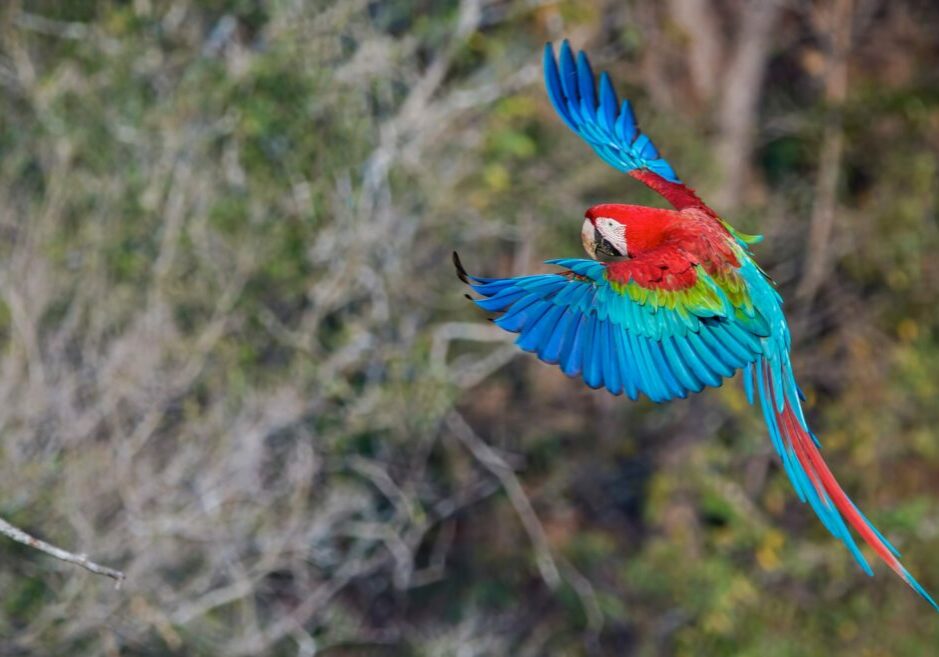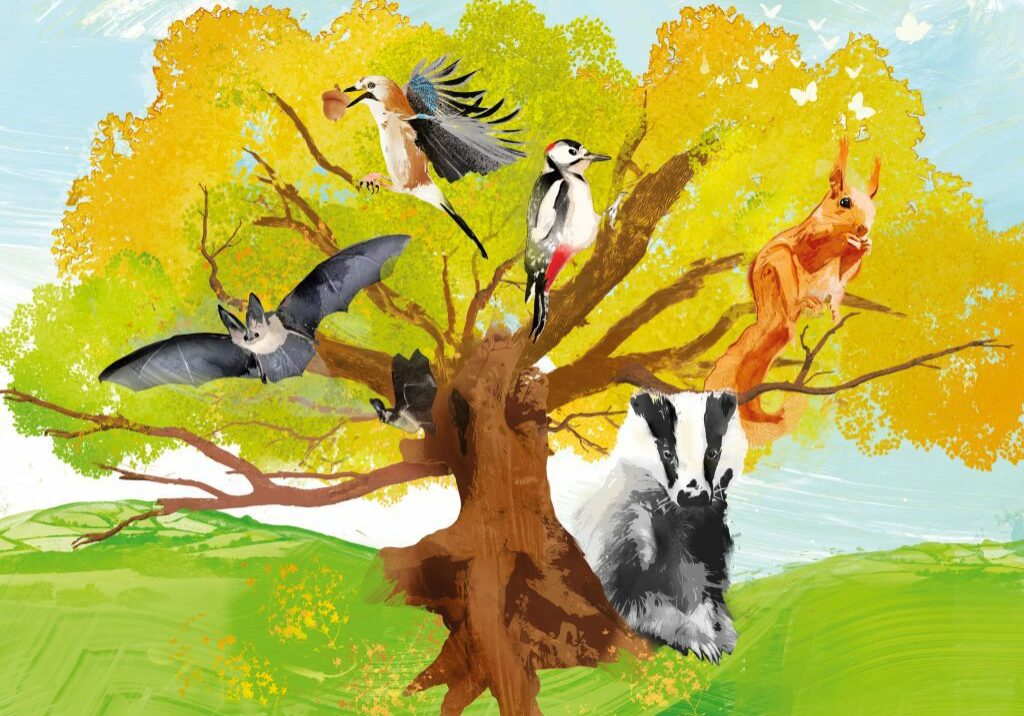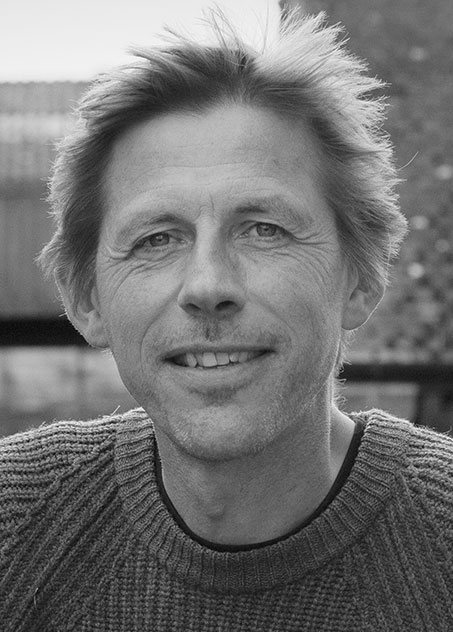
© WILDFARMED
Andy found fame in the 1990s as half of electronic music duo Groove Armada. Since the early 2010s, however, he has farmed cattle and grains at his farm in south-west France and has since moved to the south of England where he grows a diverse variety of wheat.
Championing biodiversity within his unique approach to farming, he was the first Englishman to receive France’s Médaille Chevalier De L’Ordre National Du Mérite Agricole – the equivalent of a knighthood for services to agriculture. With broadcaster George Lamb and ex-financier Edd Lees he has set up Wildfarmed, a community of farmers, bakers and chefs that practises and promotes soil-friendly food production.
How did you make the transition from music to farming?
On the way back from a gig I picked up a brilliantly written article about industrial food production. It ended with the line, ‘if you don’t like the system, don’t depend on it’. It really stuck in my head, and I decided I was going to start growing veg for the family. I’d never planted a seed or anything, so it was a bit of a learning curve.
For a while I had this slightly odd life. I was still DJing, and I had a copy of John Seymour’s Guide To Self-Sufficiency in the record box. As I understood more, I went down the rabbit hole of soil and biodiversity, and became aware of this thing – soil – which is the only thing that can turn death into life. And if we want to have a future, we need to sort it out.
I said to my wife that I wanted to try and do this at scale, so I sold my publishing rights and bought a farm. The farm was heavily degraded, like most of our farms are. I started trying to farm organically on this land that was totally knackered and it broke me.
Three years in, it felt like the game was up – we were growing crops in this slightly novel way, surrounded by perennial plants, making flour and cooking bread for schools.
After this tough start, how did you decide to set up Wildfarmed?
When George [Lamb, co-founder of Wildfarmed] came to the farm, we zoomed out from our little farm, which had become a sort of regenerative success story, and realised that everywhere around us is on the road to desertification. Wildfarmed came from the feeling of, ‘this is great what we’ve got going here, but we need to move the dial a lot quicker, at scale.’
We’d first met in Ibiza at a party. He’d been on a kind of world tour in search of meaning. I said a bit about what I’d been doing and it really resonated, as it did with all my mates who came to the farm – despite all of our technological layers, the pull of the earth is still there.
And that’s what got George on board. He gave up a nice life on telly for a much more difficult life, persuading people to buy the right kind of flour.
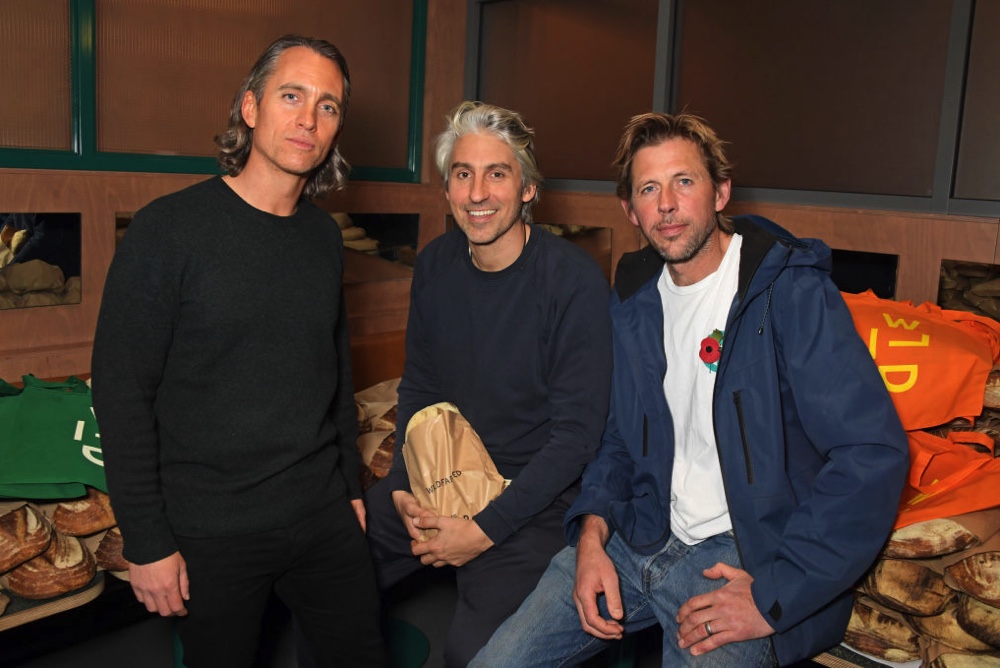
© GETTY
Tell us about kind of the techniques that you use in your farming
My feeling is that the elephant in the room is monoculture – growing one type of plant in one area. Because if you go for a walk in nature anywhere in the world, you’ll never see that. Nature always uses diversity. The Wildfarmed approach is to bring diversity back into the fields – not just in flower margins around the edges, but into the fields.
So you plant wheat – or whatever crop – alongside plants from different families to try and create an ecosystem that’s as close to natural as possible. If you do that, you don’t have any of the problems we’ve had to use chemicals for in the past.
Were you surprised by the positive impact your farming was having?
In terms of the effects on biodiversity, replacing a single type of plant with different plant families in the field is huge and immediate. As soon as you try different habitats within the same field, it will immediately get colonised because nature doesn’t leave holes for very long. So that was incredible, the speed at which that happened.
The other interesting thing is that I ended up milling the grains that I was growing to turn into flour to turn into bread – and food from biodiverse systems tastes great, because ultimately taste comes from all the minerals and trace elements that are lacking from plants that are fed with chemicals.
Do you think that supermarkets have a role to play?
I do. At Wildfarmed we say ‘we’re on the long road to Greggs’. What I was doing in France with small-scale, artisanal, local, regenerative farming – that’s great. There are lots of other examples in the UK and around the world. And if the whole countryside was divided up into those kind of farms, then that would be great too.
But the reality is it isn’t, and we haven’t got much time left. So our take on it is that we’ve got to work within the existing structures of land ownership, distribution and supply chains. You can argue against it, but it’s where we are.
How do you sustain your energy and your commitment?
I’ve had a lot of failures over the years, and they don’t stop just because you’ve been doing it for a while. And sometimes it can be hard because the bigger this gets, the more people are looking at you, so when things go wrong you feel it even more keenly than you did before.
But, fundamentally, it’s a combination of two things: if we don’t sort this out, there’s no plan B, so I really want to spend the rest of my days trying. Maybe not always succeeding, but trying. And the other part of it is that it’s just endlessly fascinating. It’s such a deep, deep subject that it’s always got more to give.
The wild is calling. It’s time to act.
To hear the full interview with Andy, subscribe to our Call of the Wild podcast, hosted by WWF ambassador Cel Spellman. Just search for Call of the Wild wherever you listen to podcasts, or visit our Call of the Wild site.
More to explore
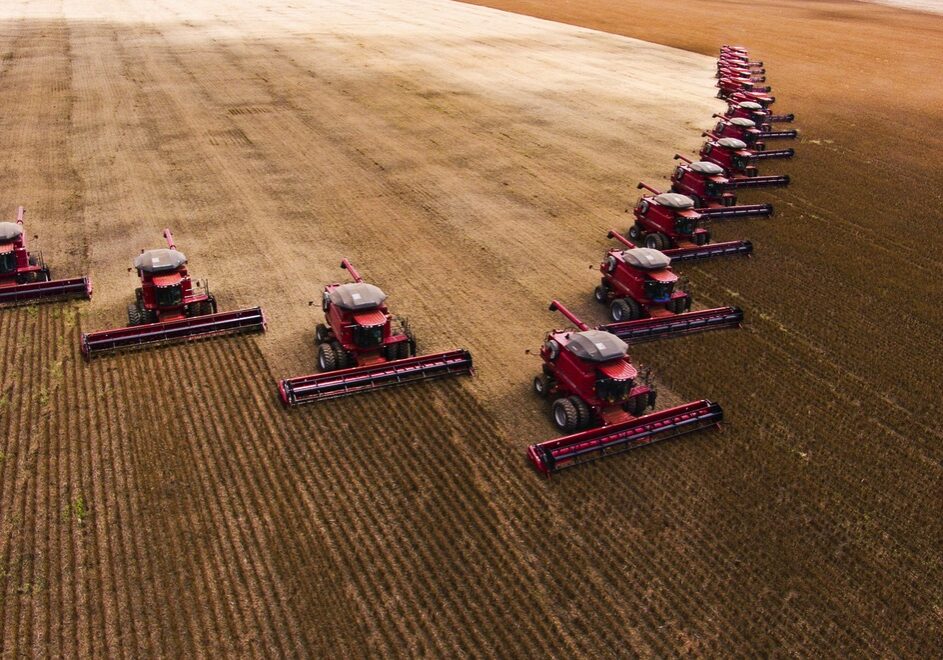
Video: How to change the future of our food
The food we eat has a huge impact on nature, but individuals and industry can change this. We asked farmers and food experts for their views on the future of food
